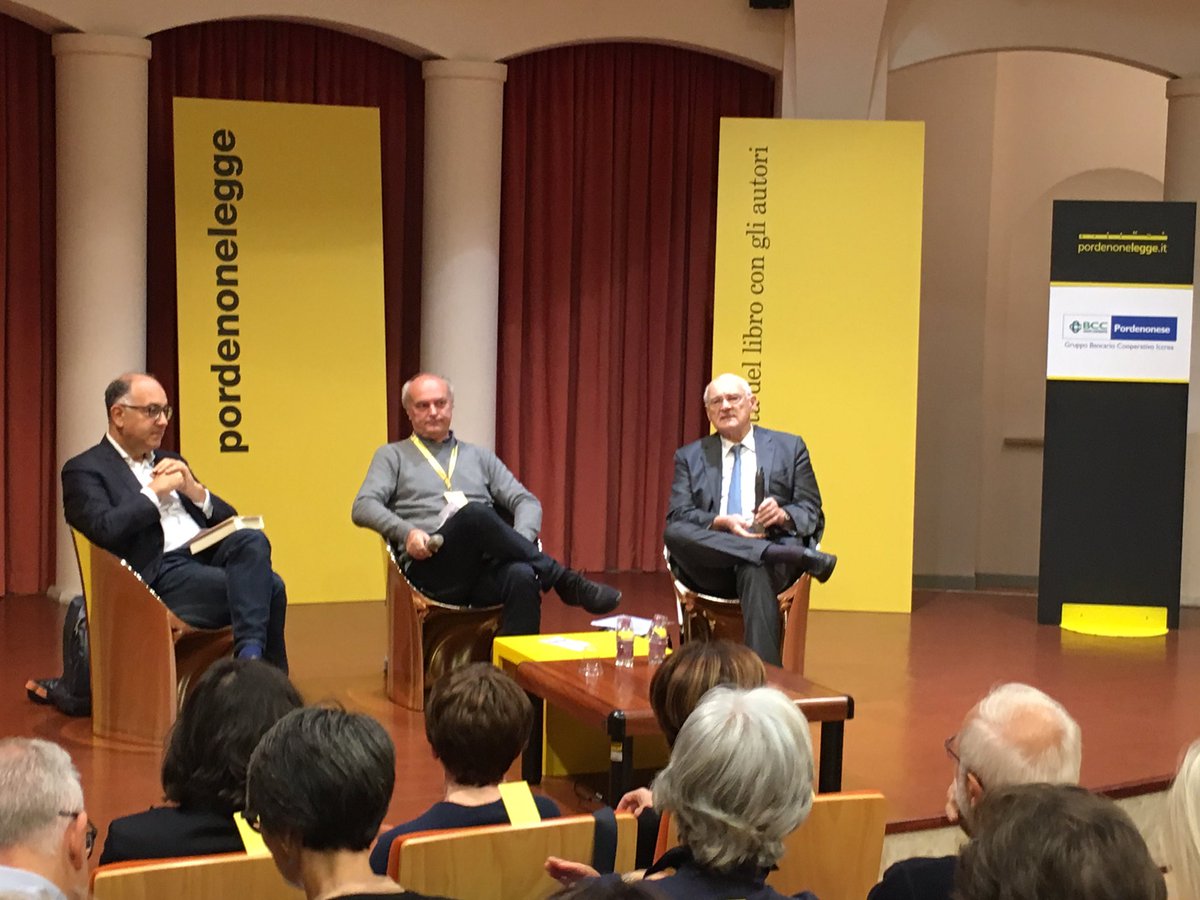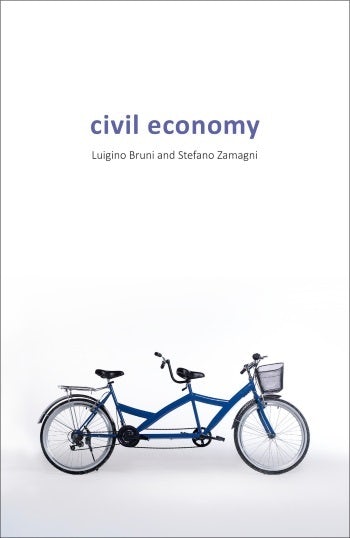In this season for making resolutions, perhaps this opportunity might help those of you who want to read more books in 2021. I’m delighted to pass along this invitation from Porchers Bernard Franceschi and Zac Blanchard.
“In the long run, exchange without reciprocity destroys the market.” – Bruni and Zamagni, Civil Economy: Another Idea of the Market
Have you ever had the suspicion that large-scale finance frequently produces outcomes that are bad for society? Do you feel the ‘standard economic model’ builds an asocial society and virtue-less public sphere? Do you get the sense that by bothering to ask these two questions, we are either naively utopian or secretly socialist?
The two of us, Bernie and Zac, value the ability of markets to reward efficiency and innovation. That said, we can’t help but feel the way our society thinks about the economy is largely to blame not just for economic inequality, but more fundamentally, for declines in social connectedness and trust that underpin sustainable, whole prosperity. At the after-party for the 2018 FPR conference, Bernie recommended Bruni and Zamagni’s 2015 book Civil Economy: Another Idea of the Market to Zac: we both want to reread the book, in discussion with others who either share or passionately oppose our views, while drinking beer.
Civil Economy works to develop a conception of the market that values virtue and considers social relationships. The book explores a history of economic thinkers who have began with an Aristotelian-like assumption that humans are naturally cooperative, and delves into several examples of how a more civil conception of the economy would dramatically change society. We are looking forward to discussing this book’s arguments with anyone passionate about the topic, regardless of your philosophical leanings or your familiarity with economics.
We plan to begin meeting virtually the second week of February. We will meet once every two weeks for ten sessions: one session per chapter plus a concluding discussion. Meetings will be one hour each: we will first discuss the chapter to better understand the author’s points; we will then debate those points.
Meetings will take place in the evening (Central Time). We will figure out the best time to meet once the group is determined. We hope to have 12-20 members. Please email Zac at Zachary.j.blanchard55@gmail.com if you are interested.






